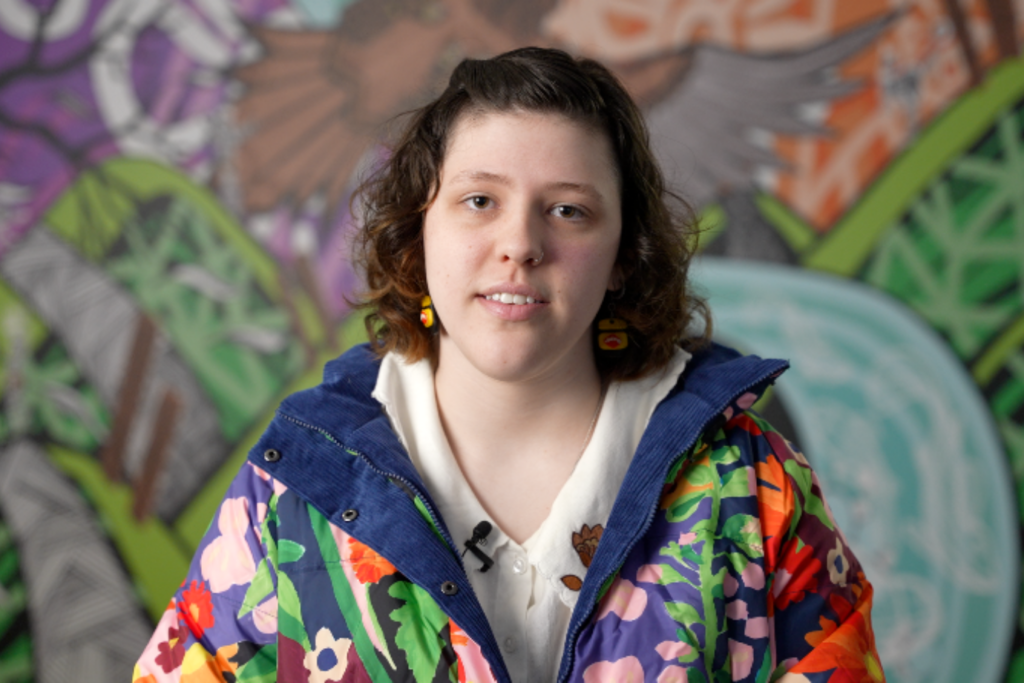I’ve always had difficulty engaging in education, despite my enjoyment of learning. I’m Autistic and have ADHD, and unfortunately, the education system doesn’t effectively cater to students like me. Educational spaces, like universities, can be quite overstimulating and stressful. They involve a high level of socialisation, and self-advocacy. By the end of each day, I’m exhausted.
When the COVID-19 pandemic hit and I had to study online, I was surprised by how much I benefited from it. I could learn and focus in ways that best suited me, while in the environment that I was most comfortable in. That year, I got the best grades of my entire degree.
So, when my university transitioned back to face-to-face learning, I applied to study through the hybrid online option they continued to offer.
I was told that the hybrid option was only for those with compromised immune systems, and my disabilities did not qualify. Despite further explanation the university remained firm in their response, so I decided to complain.
Initially, I wasn’t sure how valid my complaint was. I worried that I was creating a fuss over nothing. However, I soon understood that the university was discriminating against those with less visible disabilities like mine.
The more I talked about it with others, the firmer I became that I was right to complain. I have the right to the same support and access to education as everyone else.
Everyone has the fundamental right to access education, and disabled people have the right to do so without discrimination. In Australia, it’s against the law for an education provider to discriminate against a person because of their disability. They must also accommodate disabled students with reasonable adjustments where needed to assist their participation. This is the key reason that universities must ensure disabled people can access study and support – it’s every disabled person’s right, and it’s the law.
Yet, I’m not alone in my experience at university. In 2021, 10 per cent of higher education students self-identified as having a disability. However, in 2022, surveys revealed that these students were less likely than their non-disabled peers to positively rate the quality of their educational experience, less likely to be satisfied with their course, and more likely to consider leaving their course early. It begs the question – why are disabled university students consistently reporting a more negative experience than non-disabled students?
This is a concern for everyone. Diversity is an asset to our society. When a diverse population of people are educated through university, we all benefit from the range of perspectives, skills, and experiences they can share. When disabled people aren’t given support or access to university, individual people don’t just lose opportunities. We all lose.
Besides, universities benefit from enabling more students to access their studies. Universities would struggle to function without the payments that students put towards their degrees. Yet, there are barriers that restrict many disabled students from studying at university. Disabled students are currently less likely to study at university than people without disability, due to limited access, support, and understanding. We know that 10% of university students identify as disabled – how many more are missing out because of a lack of access? If universities removed these barriers, more disabled students would enrol. This would not only be of substantial benefit to disabled students, but of considerable financial gain to universities.
The university responded to my complaint reaffirming that they had done nothing wrong, and that was that. I was eventually able to study online, but only because I happened to have a family member with a compromised immune system. They did not need me to study online to protect their health, but their doctor was happy to write a letter of support to the university once he heard about my experience.
Regardless, I’m glad I complained. It was empowering, and I learned about my rights as a disabled student, and the importance of my voice. There are few things you can do with your voice that are more important than using it to influence change.
There’s a lot of change that needs to happen to ensure that disabled people are better supported and able to access education in Australia. I’m still seeking change in education systems, sharing my story to help others in similar situations. I helped with the codesign for the Right to be Heard Hub with Youth Disability Advocacy Service (YDAS), which provides information to help disabled young people to raise concerns about their support and services. I want to make sure other disabled young people can access resources like the Right to Be Heard hub. I want to see people with invisible disabilities like my own better understood and supported by education providers, with remote learning offered to all who need it.
All disabled students have the right to the same support and access to education as other students.
Education providers have spent enough time simply talking about “inclusion”. It’s time for them to take action and offer real, radical access.



